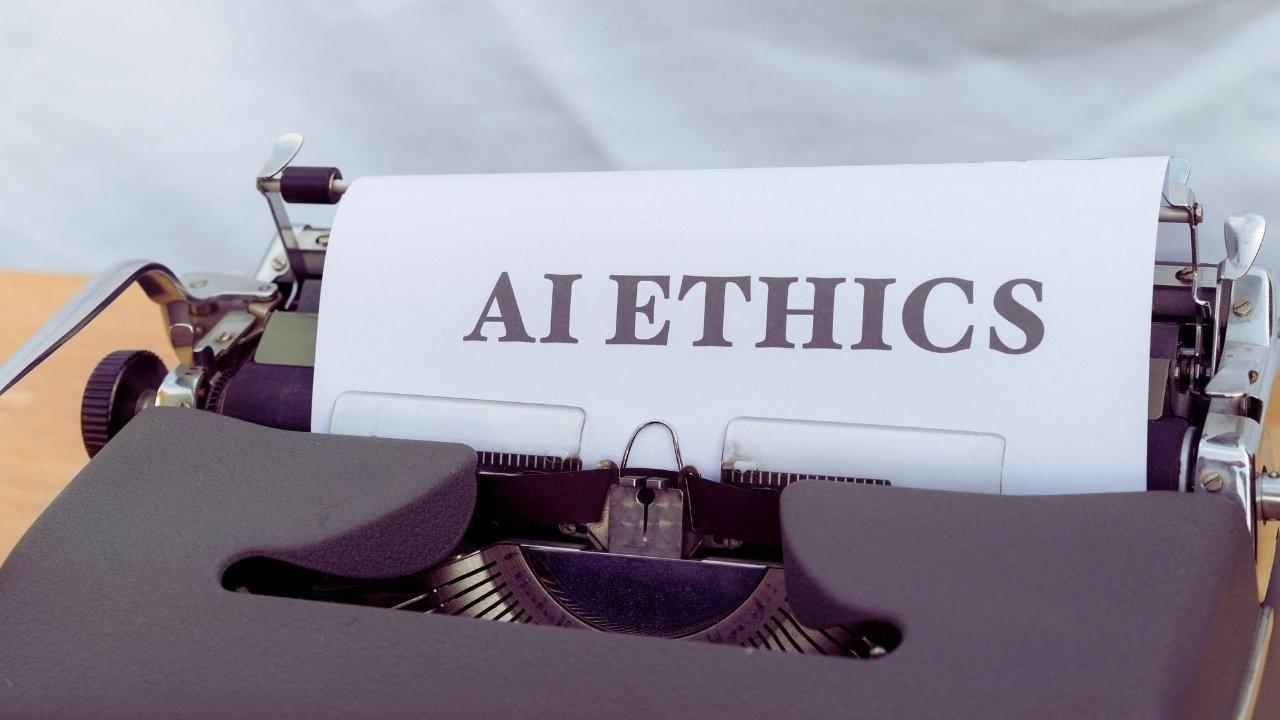
Post by : Anees Nasser
Artificial intelligence has moved from experimental labs into mission-critical roles across health, finance, security and public services. Its expanding reach amplifies both benefits and harms. Without clear, coordinated oversight, AI-driven systems can entrench inequality, distort information ecosystems, or operate in ways that conflict with public interest.
In 2025 the international community faces a pivotal task: to shape governance that ensures AI systems are safe, transparent and accountable while allowing technological progress to continue. Effective regulation must do more than impose limits; it must enshrine the principles that govern human–machine interaction.
What began as philosophical debate is now central to policy-making. Topics once confined to academic journals—fairness, bias, responsibility—are now agenda items in parliaments and corporate stewardship reports.
The advent of generative models and autonomous agents has accelerated the need for practical norms. Governments and international bodies are setting up ethics councils, data-protection regimes, and collaborative platforms to align expectations on safe and just deployment.
AI systems are adaptive: they learn and change behavior, which makes rigid, static regulation inadequate. Rules crafted today may not anticipate tomorrow’s model architectures or use cases.
Moreover, AI operates across borders. Models trained in one legal context can influence societies elsewhere, creating regulatory friction among states with different priorities. The task is to build flexible frameworks that can evolve alongside the technology and accommodate divergent national interests.
At the core of ethical AI is the problem of bias. Algorithms mirror the data they are trained on, and that data often encodes existing social inequalities. Left unchecked, AI can perpetuate discrimination in hiring, lending, policing and beyond.
Practical governance requires tools to detect bias, standards for diverse datasets and development teams, and processes to explain and remediate discriminatory outcomes before they become systemic.
AI’s effectiveness depends on large volumes of personal data, raising complex questions about consent, surveillance and individual control. Regions such as the EU have pioneered rights-centred frameworks like the GDPR, and similar protections are being debated worldwide.
Policymakers must reconcile the need for data-driven innovation with safeguards that protect citizens’ privacy and autonomy.
When an AI recommendation causes harm, assigning responsibility is legally and ethically challenging. Should developers, deployers, or users bear the primary burden? Emerging consensus highlights the need for human oversight and traceability so decisions can be audited and liability allocated sensibly.
Regimes that require explainability and provenance for model outputs help establish clear lines of responsibility.
Because AI effects are transnational, international coordination is essential. Multilateral organisations—alongside national governments—are developing common principles to reduce fragmentation and avoid an unchecked AI arms race.
Proposals for a binding international agreement on AI governance are gaining traction, aiming to harmonise safety, transparency and data standards while preserving equitable access to technology.
Major technology firms have shaped the AI landscape and created internal ethics mechanisms. While industry-led practices can accelerate responsible deployment, independent oversight and enforceable rules are necessary to ensure public interest is protected.
Effective regulation will likely combine private-sector expertise with public accountability through independent audits and legal enforcement.
Governments increasingly deploy AI for policy design, urban management and public services. Yet reliance on automated decision-making raises transparency and democratic legitimacy concerns.
Public deployments must be subject to clear standards for explainability, contestability and oversight to preserve citizens’ rights and trust in institutions.
Global governance must reconcile divergent values: some societies prioritise individual privacy while others emphasise collective security or social order. Building consensus requires respect for cultural variation without compromising universal safeguards like safety and human rights.
Accepting ethical pluralism can help craft frameworks that are both globally coherent and locally legitimate.
Policymakers are moving toward adaptive regulation: mechanisms that include ongoing review, algorithmic auditing and stakeholder participation. Transparency, explainability and inclusive design are central pillars.
Bringing together ethicists, technologists, civil society and affected communities will be crucial in constructing durable governance models that support innovation while containing harm.
Regulation should guide the development of AI so it enhances human welfare rather than restricting creativity. Well-designed governance protects rights, fosters fair access and builds public confidence in technology.
The direction we choose will define both the capabilities of future systems and the societal values we preserve alongside them.
This briefing is provided for informational purposes and does not constitute legal or policy advice. Readers should consult qualified professionals or official sources for specific guidance on AI regulation or compliance.










Rashmika Mandanna and Vijay Deverakonda to Tie the Knot on February 26
Rashmika Mandanna and Vijay Deverakonda are set to marry in an intimate Udaipur ceremony on February

FIFA Upholds 2026 World Cup Ticket Pricing Despite Fan Dissatisfaction
FIFA defends its ticket pricing for the 2026 World Cup, introducing a $60 tier to enhance affordabil

Trump Asserts Role in India-Pakistan Conflict Resolution, India Refutes Claims
Trump asserts he facilitated peace between India and Pakistan, but India firmly denies any US involv

Telangana Women Tragically Killed in California Car Accident, Families Request Assistance
Two Telangana women in the US die in a tragic car crash, prompting families to seek government suppo

Dhurandhar Achieves Remarkable Success, Surpassing ₹1100 Cr Worldwide
Ranveer Singh's Dhurandhar continues its box office dominance, crossing ₹1100 crore globally and sur

Asian Markets Climb as Dollar Weakens and Silver Surpasses $80 on Rate Cut Anticipation
Asian equities hit six-week highs while silver crosses $80, buoyed by expectations of Federal Reserv